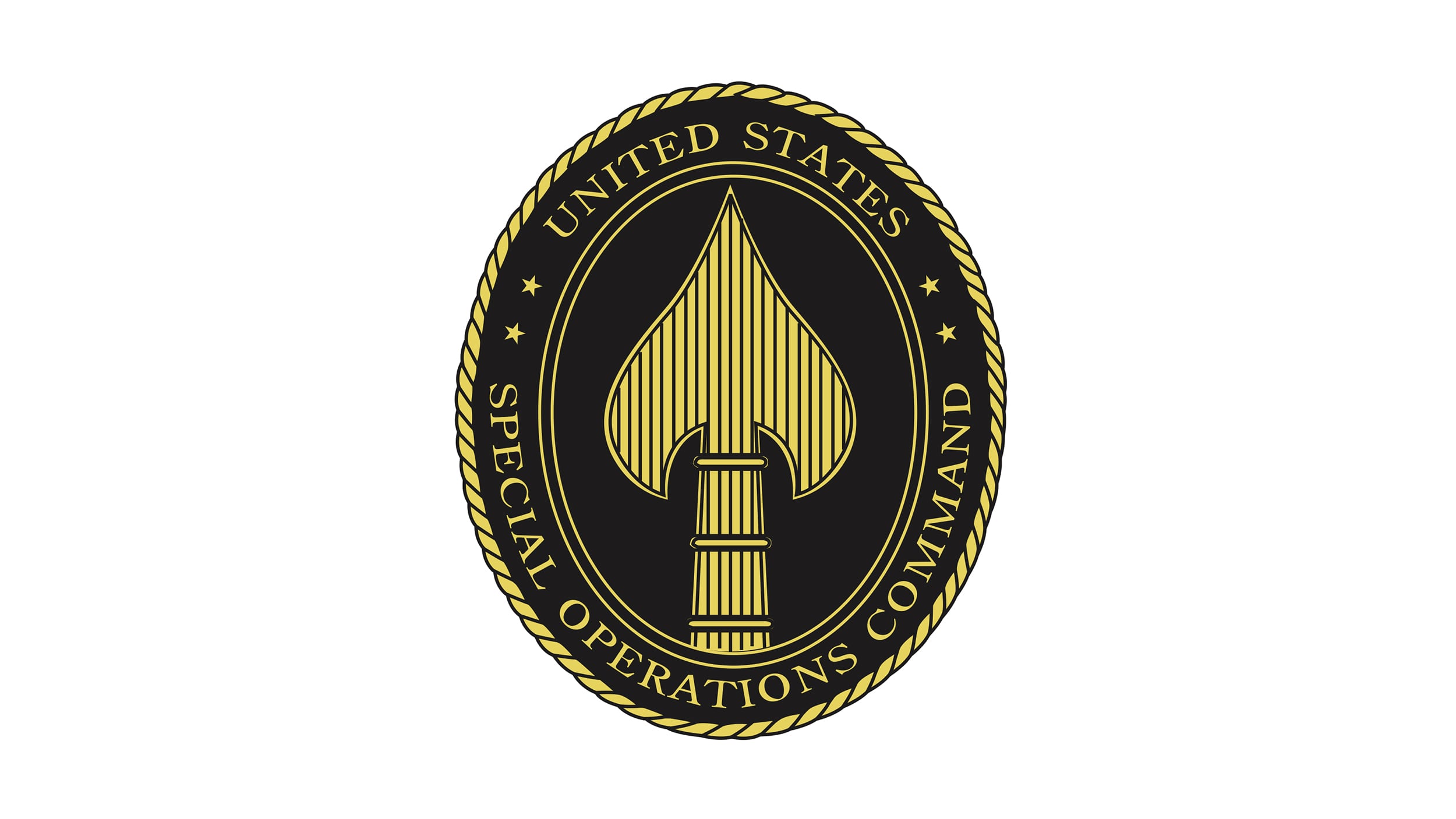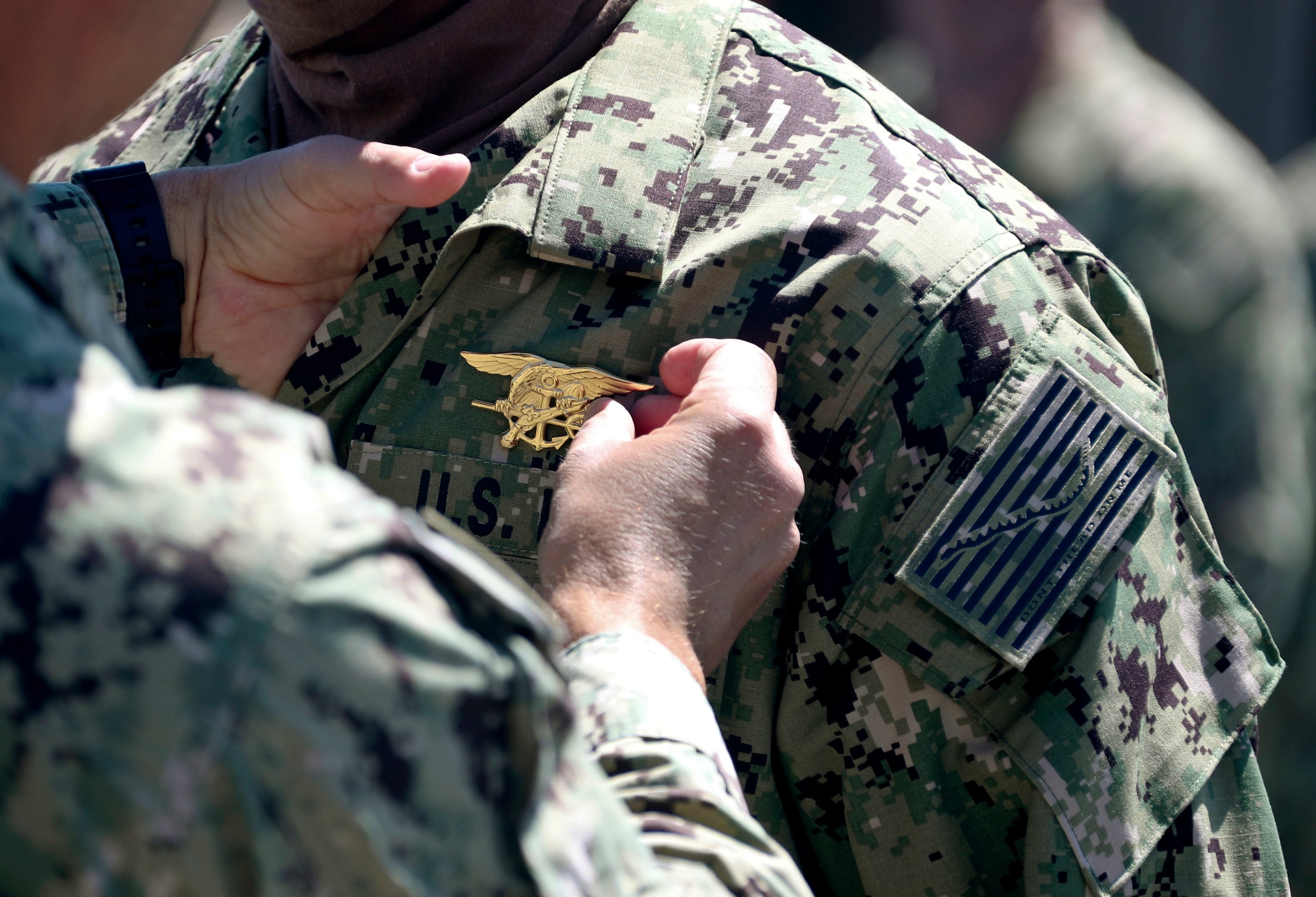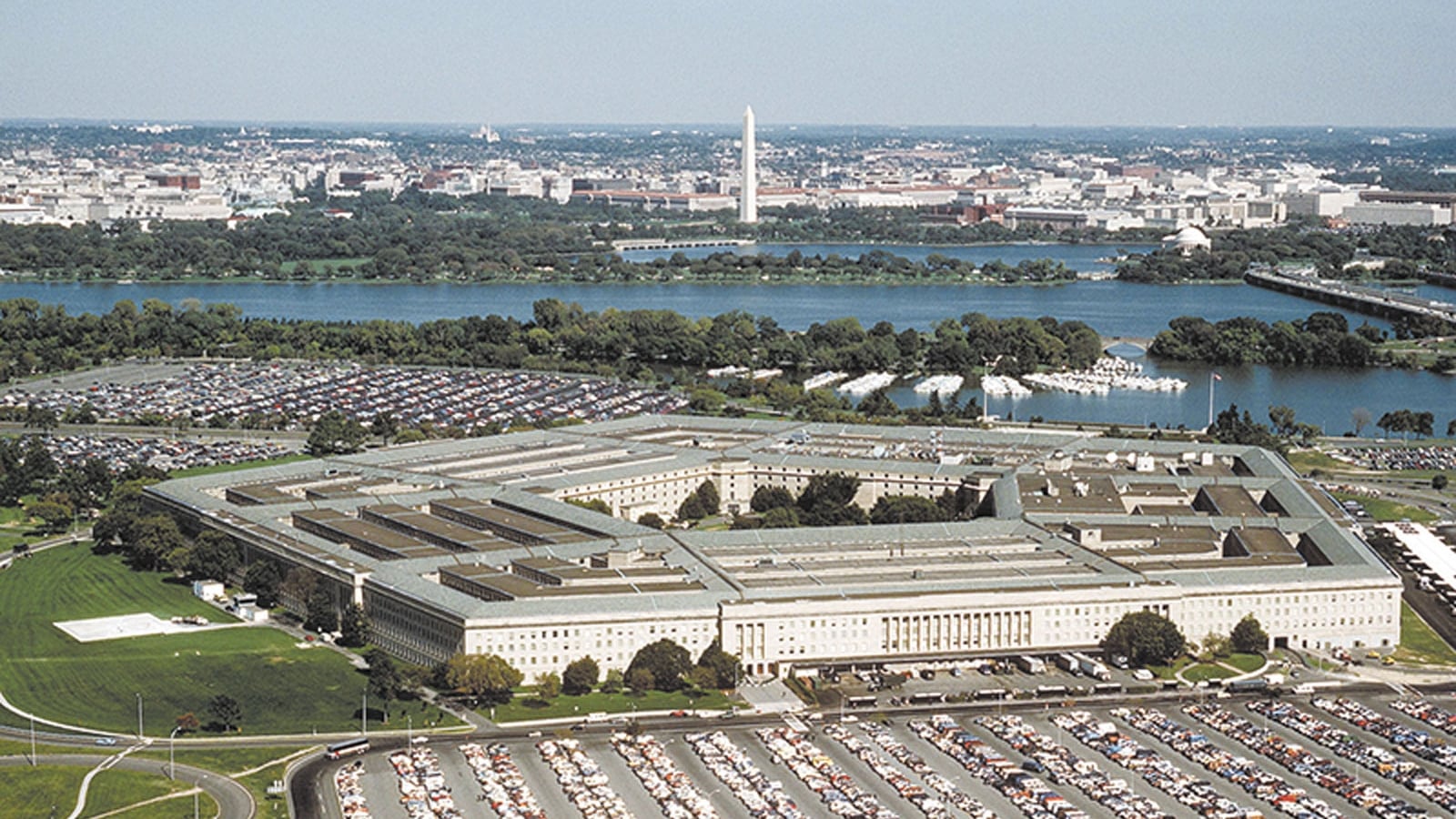The Senate Armed Service Committee report on the 2021 National Defense Authorization Act (NDAA) expresses the committee’s persistent concern with U.S. Special Operations Forces (SOF) and the need for stronger civilian oversight. Beginning with the 2017 NDAA, Congress has tried to improve the capability of the assistant secretary of defense for special operations and low intensity conflict (ASD SO/LIC) to provide this oversight but the Department of Defense (DoD) has failed to implement Congress’ intent. This led the committee to mandate a comprehensive review of SOF professionalism and ethics in the 2019 NDAA (Sec. 1066) , with a new requirement this year (2021 NDAA, Sec. 544) for quarterly reports on measures to implement the review’s findings.”
The 2017 NDAA (Sec. 922) formally established the Special Operations Policy and Oversight Council (SOPOC) and directed the transfer of billets from the U.S. Special Operations Command (USSOCOM) to ASD SO/LIC to enhance civilian oversight of special operations. Congress also inserted ASD SO/LIC into the administrative chain of command — which now includes the president, secretary of defense, ASD SO/LIC, and the commander of USSOCOM. This made the ASD SO/LIC the de facto equivalent of a service secretary, but without the resources and authorities necessary to effectively execute service responsibilities.
For three years DoD has neglected to transfer all the necessary billets to ASD SO/LIC and has not improved civilian oversight to the satisfaction of Congress. In an attempt to improve the situation, the Senate version of the 2021 NDAA (Sec. 901 ) would direct the establishment of a “secretariat of special operations” to lead the SOPOC that would fall under the ASD SO/LIC.
To date, this piecemeal and evolutionary process has not met Congress’ intent and the directive in the 2021 NDAA is unlikely to solve the problem. A secretariat for special operations is a step forward, but a timid one at best. It is time for another special operations revolution.
RELATED

The first such revolution entailed the creation of the Office of Strategic Services (OSS) in 1942 by President Roosevelt with William J. Donovan in command. The OSS was America’s first national intelligence service and formal special operations force; in effect it operated as a separate service. FDR established the OSS to support the U.S. war effort against the Axis powers with units such as the Jedburghs and operational groups in France; Merrill’s Marauders in the China-Burma-India theater; and intelligence, counterintelligence, and “morale operations” (psychological operations) around the world. Although Harry Truman disbanded the entire OSS at the end of World War II, its legacy lives on among intelligence and special operations professionals.
While the National Security Act of 1947 established the CIA to provide the intelligence capabilities the OSS stood up during the war and the intelligence community writ large grew in stature and importance to U.S. national security, the U.S. military’s special operations capabilities ebbed and flowed over the years. SOF can be best described as an orphan or step child. As Rep. Dan Daniel noted, the conventional military was apt to “commit mischief” toward SOF. While SOF have periodically had presidential patrons, such as Kennedy and Reagan, there were never sufficient command and control capabilities, support, or integration into national security and defense strategies. This led to the seminal failure of Operation Eagle Claw at Desert One in Iran in 1980. The lack of a unified organization to ensure readiness and proper execution of special operations was a major reason for the derailment of the mission to free American hostages in Tehran.
Learning from that failure, Congress led the second special operations revolution when it passed the Nunn-Cohen Amendment to the Goldwater-Nichols Department of Defense Reorganization Act of 1986. This amendment established a unified command, USSOCOM, on April 16, 1987. It brought together the special operations capabilities of the Army, Navy, and Air Force under a single unified functional combatant command. Notably this was done over the objections of the services. Without congressional action there would be no unified special operations command today.
This action was revolutionary because Congress created a hybrid command, one with combatant command warfighting capabilities but also “service-like” responsibilities and authorities for manning, training, and equipping, a unique funding line in Major Force Program 11 (MFP 11), and its own research and development program. From 1987 until 2001, USSOCOM exercised its service-like responsibilities to develop a world-class special operations force. Although it had to overcome friction with the services (which continues to persist), the successful conduct of SOF missions since 9-11 demonstrated why this aspect of USSOCOM should be considered a success. However, in 1987 Congress did not go far enough and only created a military command structure but no civilian service infrastructure, leaving the exercise of effective oversight to the four parent services and an ASD SO/LIC that lacked the necessary resources and authorities.
RELATED

Since 9-11, special operations forces have come under tremendous stress operating at the very highest operational tempo with proportionally the highest casualty rates among all the services. These exorbitant levels of stress yielded numerous problems, such as high suicide rates and other behavioral and ethical issues and leadership failures while deployed on various operations in Afghanistan, Mali, and Niger, among others, that raised Congress’ level of concern. This led Congress to demand stronger civilian oversight of SOF because it deemed it such oversight necessary to correct the identified shortfalls and effectively advocate for the SOF community and its missions.
In order to meet congressional intent, as stated in the 2017 NDAA and 2021 Senate draft, to have strong and empowered civilian oversight over U.S. special operations forces, it is time to consider a third revolution in SOF history. The evolutionary and piecemeal changes to date have not achieved the desired effects. Therefore, Congress should consider taking the following three bold actions.
1. Disestablish USSCOM headquarters in Tampa. Eliminate the ASD SO/LIC position. Establish a new Department of Special Operations in Washington. Appoint a secretary of special operations (SSO) with a fully manned service staff to serve as a service secretary equivalent to the existing service secretaries. Appoint a four-star as the chief of special operations (CSO). The CSO would become a permanent member of the Joint Chiefs. The SSO and CSO would be responsible for ensuring SOF is organized, trained, educated, equipped, and optimized to provide strategic support to the national security and defense strategies through the full spectrum of special operations activities as outlined in Title 10 of the U.S. Code (Sec. 167).
2. Designate the Joint Special Operations Command (JSOC) a combatant command with a four-star commander with the mission to counter violent extremist organizations and conduct counter-terrorism operations. JSOC is, in fact, already functioning as a de facto combatant command and this would simply codify its status.
3. Reorganize and properly resource the theater special operations commands (TSOC) to conduct special operations under the operational control of the GCC. Designate the TSOC a three-star command to elevate it to same level as the other service components in theater.
The SOF service components and the TSOCs would be assigned to the Department of Special Operations under the command of the chief of special operations and his department staff headquarters. The Army Special Operations Command, Air Force Special Operations Command, Naval Special Warfare Command, and Marine Special Operations Command would maintain the same relationship with their aligned service components. The SSO and CSO would have better oversight of that relationship and weigh in with the Army, Navy, etc., as a fellow service secretary and a member of the Joint Chiefs, to ensure the proper service common support is provided to the SOF components. The SSO would maintain MFP-11 funding for all SOF components and the TSOCs. The DSO would provide SOF capabilities and units to the TSOCs and JSOC as required.
This revolutionary proposal would meet the intent of the current Congress for strong civilian oversight and the vision of many in Congress since 1986. Rep. Daniel, who strongly supported the Nunn-Cohen Amendment in the House, advocated for SOF as a “Sixth Service.” Congress wanted the USSOCOM HQ to be in Washington. However, the services continued to conduct their “malicious implementation” as noted in a seminal work on the origins of USSOCOM, and DoD reflagged the Readiness Command at MacDill Air Force Base in Tampa, Florida, to be the new headquarters. Today, the proven capabilities and importance of SOF and the need to correct the ethical and leadership shortfalls demand a radical change such as being designated a department co-equal to the traditional services. It could be designated the “Department of Special Operations” or, given its heritage and connection to the first SOF revolution, the “Department of Strategic Services.”
This third revolution in special operations would place this critical capability at the right level of command, with the right organization, with empowered leadership, authority, and influence providing civilian oversight to most effectively support the national security and defense strategies.
David Maxwell, a 30-year veteran of the United States Army and retired Special Forces colonel, is a senior fellow at the Foundation for Defense of Democracies (FDD), where he also contributes to FDD’s Center on Military and Political Power (CMPP). For more analysis from David and CMPP, please subscribe here. Follow David on Twitter @davidmaxwell161. Follow FDD on Twitter @FDD and @FDD_CMPP. FDD is a Washington-based, nonpartisan research institute focusing on national security and foreign policy.
Editor’s note: This is an Op-Ed and as such, the opinions expressed are those of the author. If you would like to respond, or have an editorial of your own you would like to submit, please contact Military Times managing editor Howard Altman, haltman@militarytimes.com.





